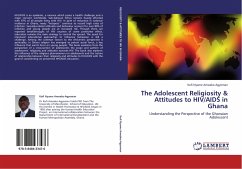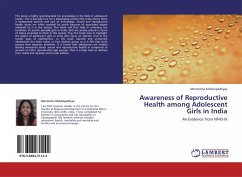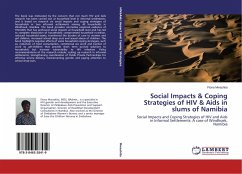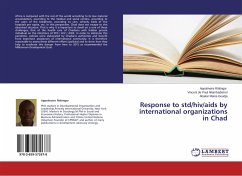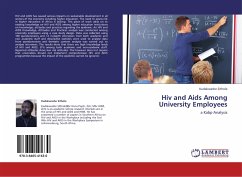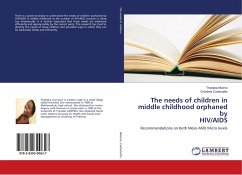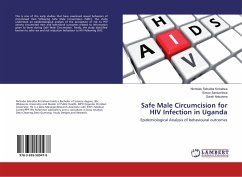HIV/AIDS is an epidemic, a menace which poses a health challenge and a major concern worldwide. Sub-Saharan Africa remains heavily affected with 67% of all people living with HIV. In spite of reduction in national incidence in Ghana, many hotspots continue to record high rates of infection. Sexually-related attitudes and behaviour account for over 80% of infection and young people are at increased risk. Though there are reported breakthroughs of HIV vaccines of some protective effect, education remains the main strategy to control the spread. The quest for improved educational approaches to influence behaviour is still a challenge. Among the common factors to the Africentric perspective is spirituality. In Ghana religion has emerged as potent social force, a key influence that exerts force on young people. This book examines from the perspective of a cross-section of adolescents the scope and pattern of adolescents religiosity and attitudes towards HIV. The book also explores theinfluence of the religious phenomenon on adolescents and the nature of relationship between their religiosity and attitudes to HIV/AIDS with the goal of commenting on preventive HIV/AIDS education.

